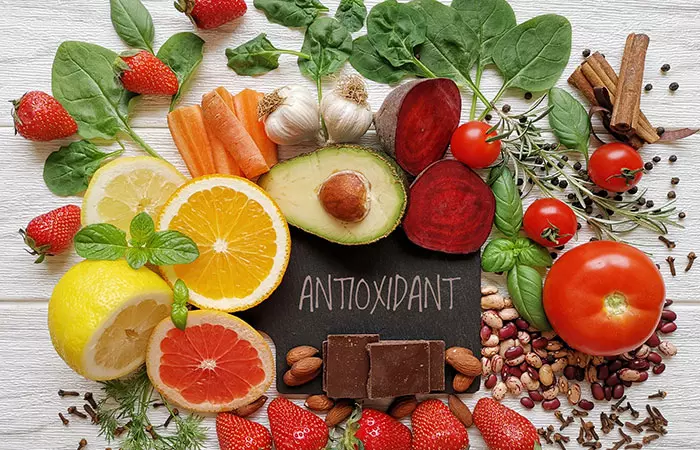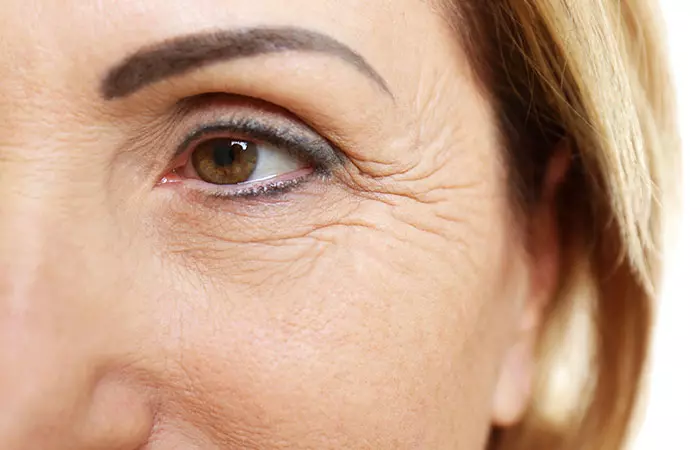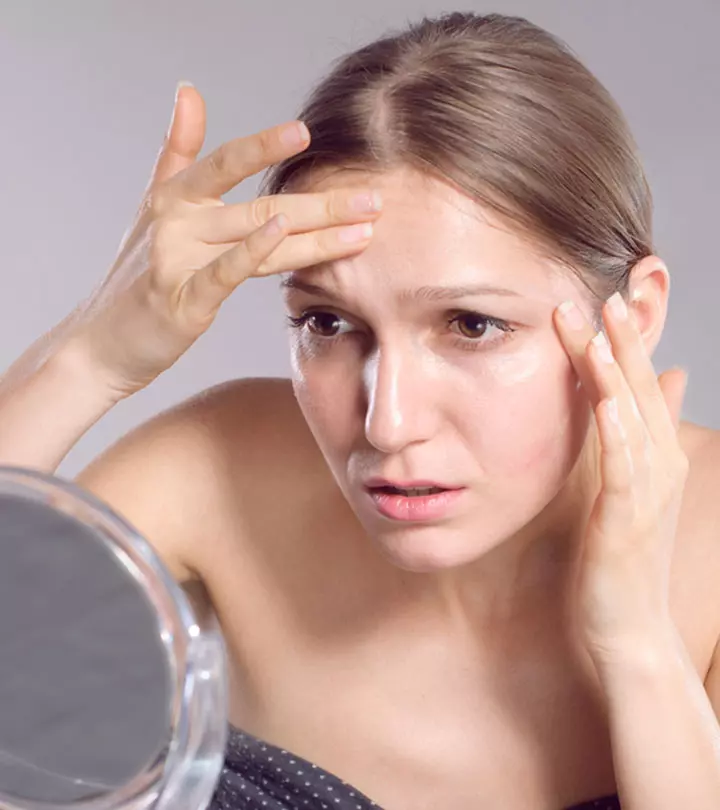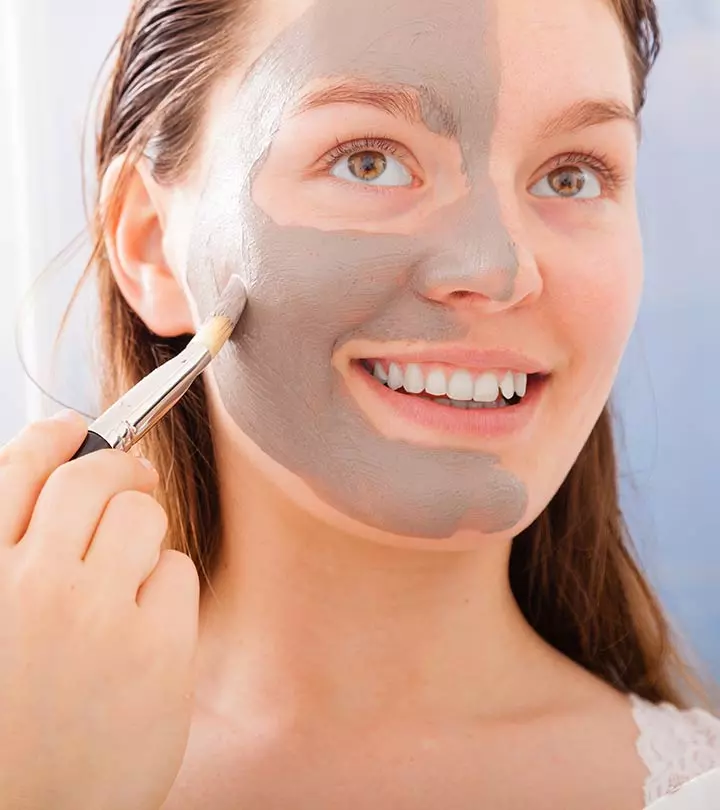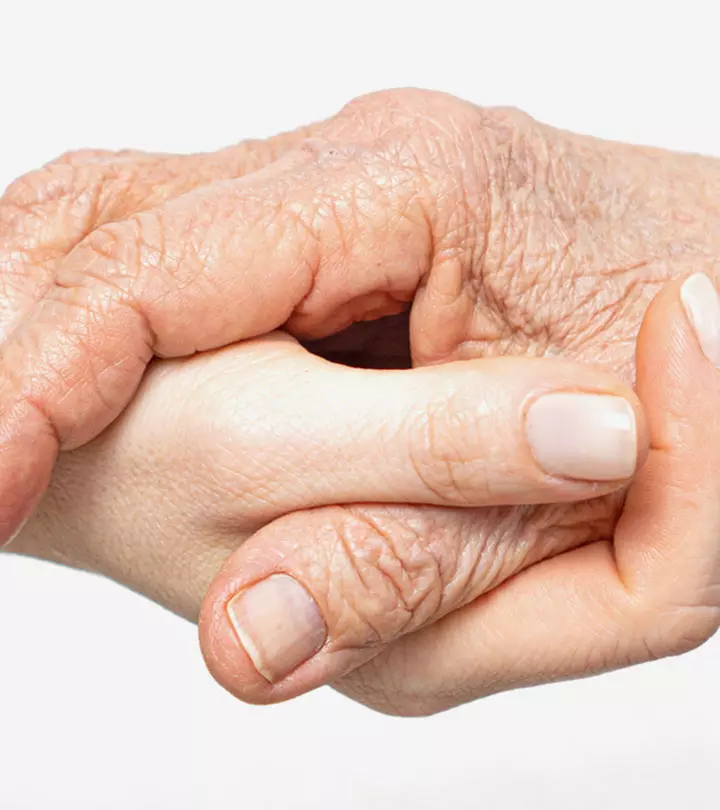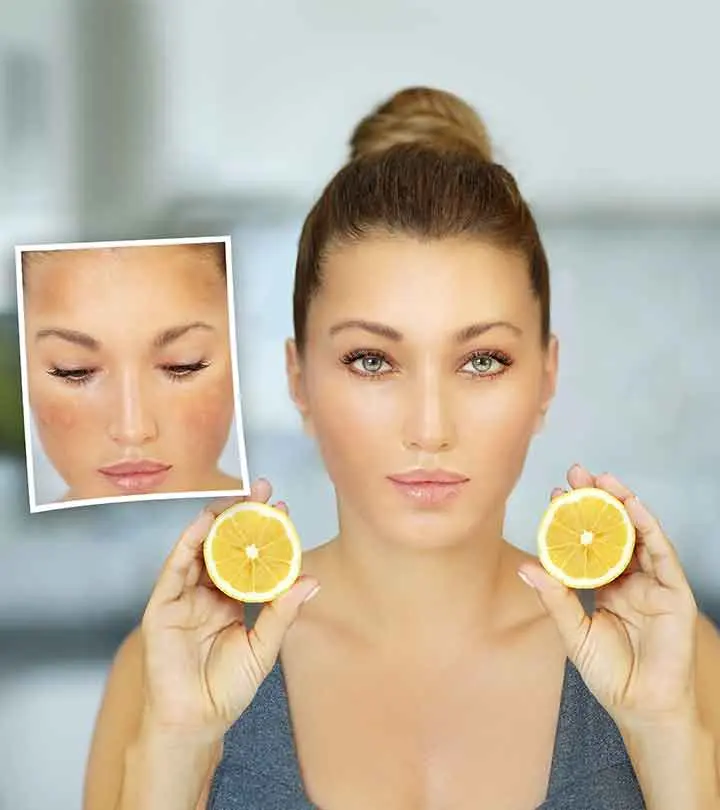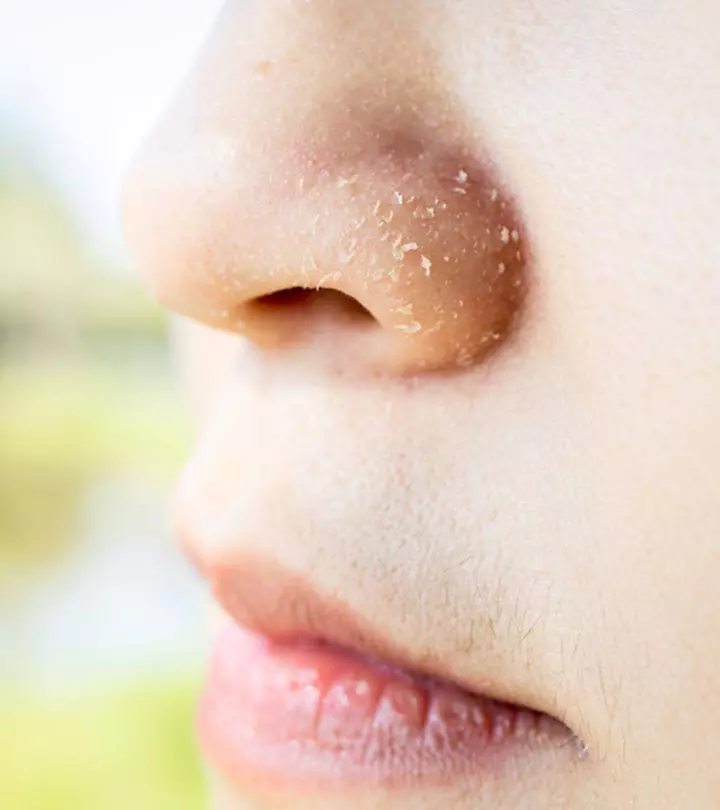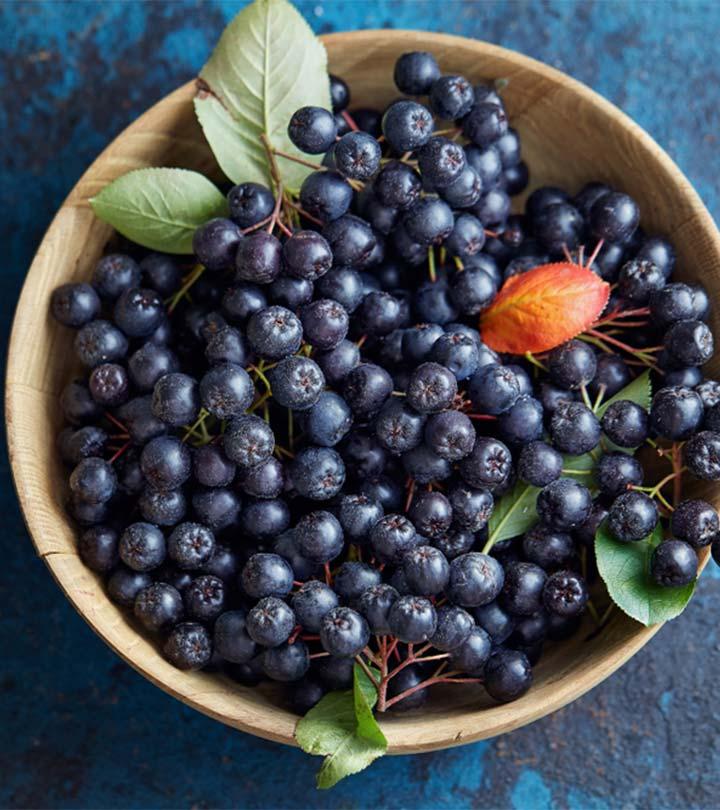6 Factors That Are Responsible For Adding Wrinkles To Your Skin

Image: Shutterstock
Wrinkles are a part of life, and as we age they begin to appear on our face, neck and hands. But there are some common habits most of us are guilty of that may speed up their arrival. In this article, we’ll look at some simple factors that can make your skin age faster. By understanding them, you can take steps to keep your skin looking youthful and vibrant. Read on!
In This Article
1. Lack Of Sleep
Sleep deprivation doesn’t just leave you feeling tired, it can also have a noticeable impact on the health and appearance of your skin. One of the key consequences of insufficient sleep is skin dehydration. When we don’t get enough rest, our body produces stress hormones like cortisol, which can break down collagen and elastin, the proteins responsible for keeping our skin plump and youthful (1).
Additionally, sleep is a time when our body goes into repair and rejuvenation mode, and this includes replenishing moisture levels in the skin. A lack of sleep can disrupt this crucial process, leaving our skin dry, dull, and more prone to fine lines and wrinkles. So, if you want to maintain a healthy and radiant complexion, getting enough quality sleep is an essential part of your skincare routine.
2. Lack Of Antioxidants
A deficiency in antioxidants can play a significant role in the development of wrinkles on your skin. Antioxidants, found in various foods and skincare products, help protect your skin from the harmful effects of free radicals. When there aren’t enough antioxidants available to counteract these free radicals, oxidative stress occurs, leading to collagen and elastin breakdown (2). Collagen and elastin are essential proteins that provide elasticity and firmness to the skin.
Without adequate antioxidant protection, the skin becomes more vulnerable to the formation of wrinkles, fine lines, and a loss of youthful suppleness. Incorporating a diet rich in antioxidants and using antioxidant-infused skincare products may help defend your skin against premature aging and support a smoother, more youthful complexion.
3. Excess Consumption Of Red Meat
Consuming red meat has been linked to an increased likelihood of developing facial wrinkles. Red meat is often high in saturated fats and advanced glycation end products (AGEs), which can contribute to skin aging (3). These compounds can promote inflammation and damage collagen and elastin, the proteins responsible for maintaining skin’s firmness and elasticity. Additionally, a diet high in red meat may lack the antioxidants and nutrients found in fruits, vegetables, and lean proteins, which are essential for skin health.
4. Taking Long Baths With Harsh Soaps
Indulging in long, hot baths with harsh soaps can actually be detrimental to your skin’s health. While a warm bath can be relaxing, extended exposure to hot water can strip away the skin’s natural oils, leaving it dry and dehydrated. Harsh soaps and detergents further exacerbate this by disrupting the skin’s pH balance and removing its protective lipid barrier. This can lead to irritation, inflammation, and ultimately, drier skin.
5. Mono Diets
Mono diets, which involve eating only one type of food or a very limited range of foods for an extended period, can have a significant impact on the skin’s aging process. These diets often lack essential nutrients, vitamins, and antioxidants that the skin needs to stay healthy and youthful. Inadequate nutrition can result in collagen and elastin breakdown, which are vital for skin elasticity and firmness.
Moreover, mono diets may lead to rapid weight loss, causing the skin to lose its elasticity and sag, potentially exacerbating the appearance of wrinkles and fine lines. To promote skin health and slow down the aging process, it’s essential to maintain a well-balanced and varied diet that provides the necessary nutrients for skin rejuvenation and repair.
6. Protein Deficiency
Protein plays a crucial role in the renewal and repair of skin cells. Skin is primarily composed of collagen and elastin, both of which are proteins that provide structural support and elasticity. When there’s a deficiency in protein, the body may prioritize its limited resources for vital functions, potentially leaving skin renewal processes on the backburner. This can result in slower cell turnover and a delay in the shedding of dead skin cells, which can make the skin appear dull, tired, and prone to issues like dryness and flakiness.
To support the healthy regeneration of skin cells and maintain a vibrant complexion, it’s essential to include an adequate amount of protein in your diet, along with a variety of other nutrients necessary for skin health.
Understanding the factors that contribute to the formation of wrinkles is the first step towards achieving a healthier and more youthful skin. By being mindful of these factors and taking proactive steps to protect and care for your skin, you can minimize the impact of wrinkles and enjoy a more radiant and age-defying complexion.


